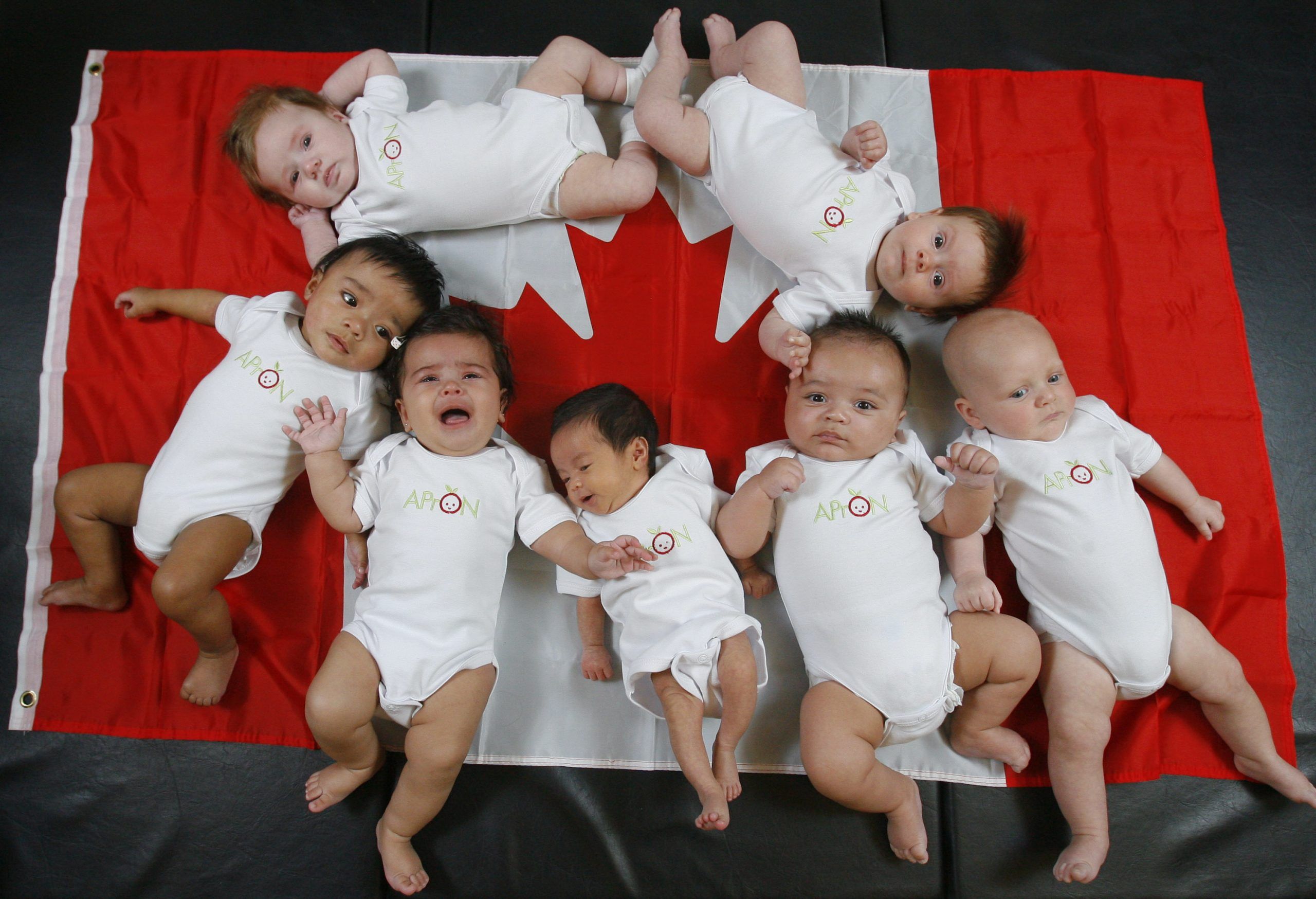Statistics Canada confirmed last week that 351,679 babies were born in 2022 — the lowest number of live births since 345,044 births were recorded in 2005.
The disparity is all the more notable given that Canada had just 32 million people in 2005, as compared to the 40 million it counted by the end of 2022. In 2005, it was already at historic lows for Canada to have a fertility rate of 1.57 births per woman. But given the 2022 figures, that fertility rate has now sunk to 1.33.
…
Of Canadians in their 20s, Statistics Canada found that 38 per cent of them “did not believe they could afford to have a child in the next three years” — with about that same number (32 per cent) saying they doubted they’d be able to find “suitable housing” in which to care for a baby.
…
A January survey by the Angus Reid Group asked women to list the ideal size of their family against its actual size, and concluded that the average Canadian woman reached the end of their childbearing years with 0.5 fewer children than they would have wanted
“In Canada, unlike many other countries, fertility rates and desires rise with income: richer Canadians have more children,” it read.


Yes I agree, those are all good strategies. But to implement all of those things on a global scale takes generations. In the meantime, we’re stuck with an old system, designed for a much smaller populace. Our growth outpaced our progress.
Edit: and to be clear I never said a damned thing about killing people. You added that. Choosing to not have kids is not even remotely similar to killing people.